Search
Remove Ads
Advertisement
Summary 
Loading AI-generated summary based on World History Encyclopedia articles ...
Search Results
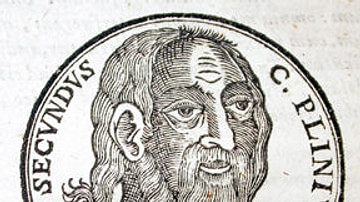
Definition
Pliny the Elder
Aside from the usual contributions of its noble politicians and military commanders, the story of a nation also records the invaluable literary influences of its poets, dramatists, and historians. The long history of the Roman Empire is no...

Image
Pliny the Elder
Pliny the Elder from a 1635 CE printing of Historia Naturalis.
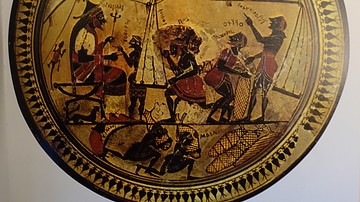
Article
Theophrastus and Pliny the Elder on Silphium
The silphium plant of Cyrene, valued as a seasoning, aromatic, and for its medicinal properties, is referenced by several notable ancient writers, but two of the best-known descriptions come from Theophrastus (l. c. 371 to c. 287 BCE) and...
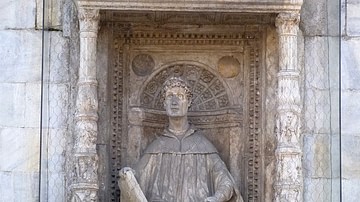
Definition
Pliny the Younger
Pliny the Younger (61-112 CE) was the nephew of Pliny the Elder (23-79 CE), the author of the 37-volume Natural History. He had a remarkable political career and gained a reputation as an excellent lawyer and orator, but he is most famous...

Article
Pliny the Younger on Christianity
Pliny the Younger's (61-112 CE) letter (Epistulae X.96) to Roman Emperor Trajan (r. 98-117 CE) is one of our earliest sources on Christianity from an outsider's point of view. It highlights the Christian movement's impact on the old Roman...
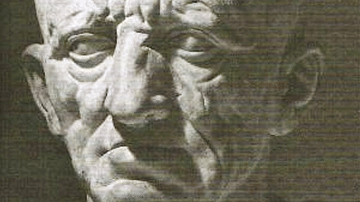
Definition
Cato the Elder
Marcus Porcius Cato, better known as Cato the Censor or Cato the Elder (234-149 BCE), was an influential political figure of the Roman Republic. Serving as quaestor, aedile, praetor, consul, and censor, he championed Roman virtues and detested...
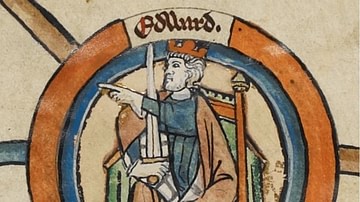
Definition
Edward the Elder
Edward the Elder (r. 899-924) was the son of Alfred the Great (r. 871-899) and the King of the Anglo-Saxons in the early 10th century. He is known for his military victories over the Vikings of East Anglia and the East Midlands and for consolidating...
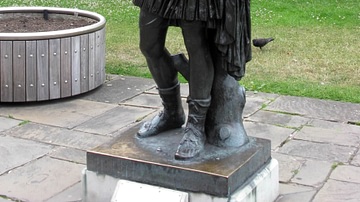
Article
Collegia, Stability and the Vox Populi
This short analysis will investigate the associations known as 'collegia' (also known as clubs, associations, companies) mentioned in the letters (10.33-34) from the Roman pro-consul Pliny to the emperor Trajan. We will determine why Trajan...
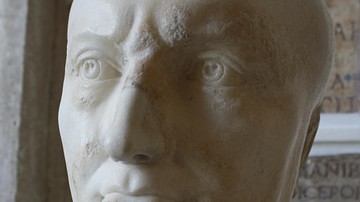
Definition
Scipio Africanus the Elder
Scipio Africanus Major (l. 236-183 BCE) received his epithet due to his military victories in Africa which won the Second Punic War for Rome against Carthage. He is also known as Scipio the Elder. He was born Publius Cornelius Scipio in 236...

Image
Pliny the Younger
Statue of Pliny the Younger in Como, possibly the work of Giovanni Rodari, dating from before 1480 CE.